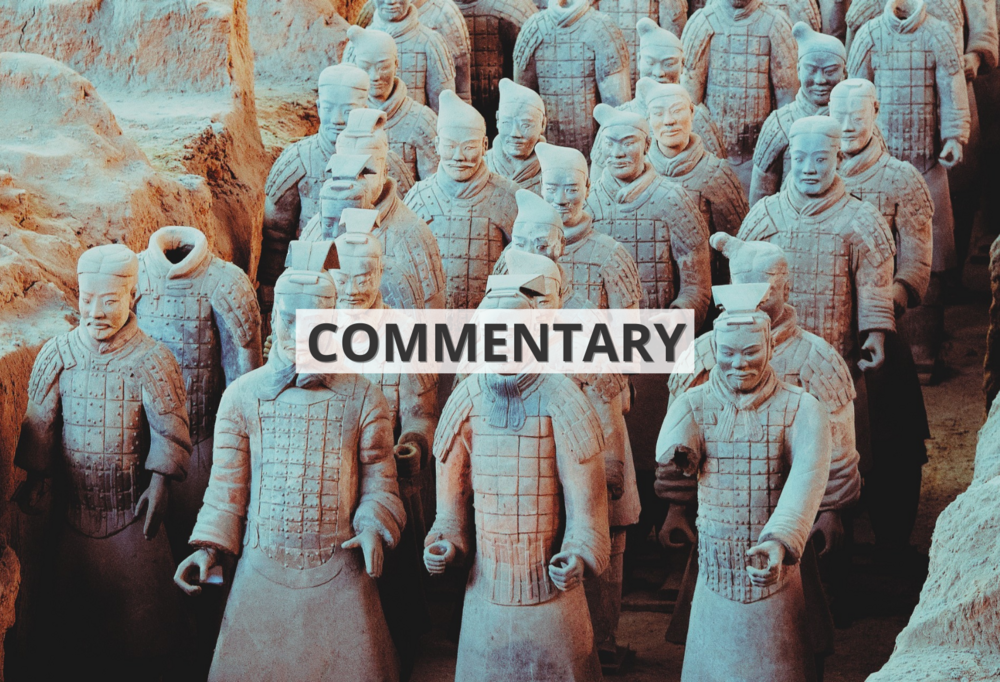03.11.2023
China's long haul for the rights of Global South nations within the UN was particularly pronounced during the recent open debate at the United Nations Security Council (UNSC) on hunger and threats to food security arising from armed conflicts. Debate predominantly revolved around cooperation, development, and support for developing countries. In line with its long-established international practice, Beijing presented a comprehensive action plan with key points focusing on issues affecting the Global South. Similar arguments were used during an open debate on the working methods of the UNSC, showing China's determination to include developing countries in the works. Nevertheless, what is China's main objective? Who and why has been chosen as a "primary partner"? Moreover, how is Beijing going to achieve these goals?
Global food crisis as a catalyst for UN reform?
According to Chinese diplomacy, the first step involved establishing a "shared vision" of common security. Beijing emphasised that the current global food crisis stems from various interconnected and complex causes, encompassing traditional and emerging security threats. In China's argument, sustainable food security can only be ensured by first addressing global security. China's representative to the UN unambiguously voiced China's opposition to actions that, in Beijing's view, jeopardise global food security and international cooperation. These actions included unilateral sanctions, isolation, disruption of supply chains, market order disruption, and suppression of businesses from other countries. China called on "relevant countries" to immediately cease such practices lacking a legal basis and fairness. Moreover, Chinese diplomacy advocated accelerating the reduction of development disparities between the Global North and South. This predominantly includes technology transfer, which has been on the UN agenda from China for years. Beijing stressed that sustainable development is the fundamental guarantee for achieving common food security. Moreover, China advocated that the international community should address food security issues through global coordination of macroeconomic policies and sustainable development. Beijing also highlighted the importance of utilising opportunities presented by the Sustainable Development Goals (SDGs) summit and the 2023 UN Food Systems Summit to include the voices of developing nations and strengthen North-South dialogue and coordination. China seems well prepared to play a more significant role in global security dilemmas, as Beijing promotes its Global Security Initiative on every occasion. Moreover, the theme of including the voice of the Global South countries remains high on China's UN "to-do list". However, such inclusion calls for reforming the UNSC, which might take much work to achieve now.
Developing world as a core in China's agenda
On a different occasion, within open debate on the working methods of the UNSC, Zhang Jun articulated the stance of the People's Republic of China regarding potential Council reforms. Beijing emphasised that the Council should concentrate on its primary mission. Therefore, China advocated focusing solely on issues that directly threaten peace and security, as opposed to broadening the UNSC scope to cover topics falling under specialised UN bodies. One of the most vocal examples is the human rights issues, which fall under the UN's Human Rights Council). However, most importantly, Beijing insisted on improved inclusivity and efficiency in the Council's operations. In this regard, China emphasised the need for greater inclusivity in the Council. China recommended that the Council be more receptive to the perspectives of non-permanent members, with a particular emphasis on increasing the representation of African nations. Furthermore, China's representative proposed that the UN should intensify its efforts to assist developing countries in enhancing agriculture, rural areas, climate resilience, disaster response, food production, and self-sufficiency. Developed countries were urged to eliminate unjustified agricultural subsidies and adopt more cautious monetary policies to mitigate the impact of factors like imported inflation and currency fluctuations on food security in developing countries. Just like during the open debate on food security dilemmas caused by military operations, Zhang Jun called for the transfer of technologies, asking for accelerated transfer and application of technology and knowledge exchange in fields like biology, digitisation, and space exploration to create more favourable conditions for developing countries to enhance their capacity and reach sustainable development.
Summary
Consequently, it becomes apparent that China's proposed reforms are designed to accommodate its expanding role in global governance and its growing prominence within the UN. The issue of representing African states in the UN Security Council, with whom China maintains close cooperation through the quasi-multilateral format of FOCAC, is significant. China is keen on securing substantial support from Global South countries to advance its interests, particularly evident in its advocacy for more significant influence for African countries, where the Chinese foothold is especially visible. Analysing China's demands to reform the UN, it becomes evident that China consistently positions itself as a representative of developing countries. As Beijing seeks to enhance its influence over global politics and the economy, the international arena suffers from vertically polarising the international arena. This is supported by leveraging its political and economic status, underlining injustices and inequalities in international relations between the North and South, and consolidating the efforts of Global South nations in promoting an alternative development model. Through these actions, China aims to build trust among governments of developing countries and contrast its foreign policy with that of the United States, ultimately shaping public opinion that aligns with its foreign policy objectives.

